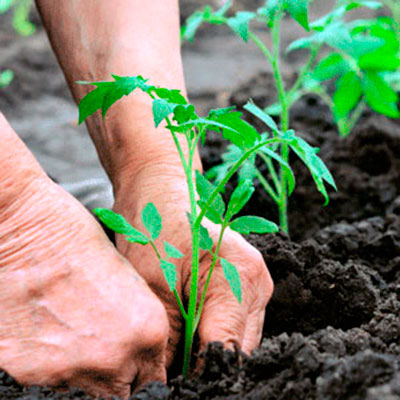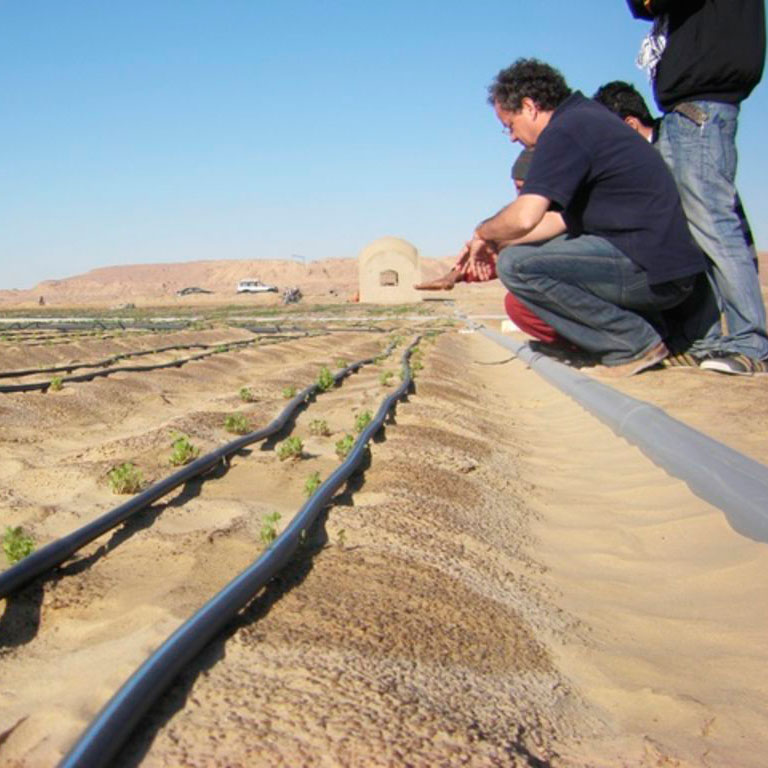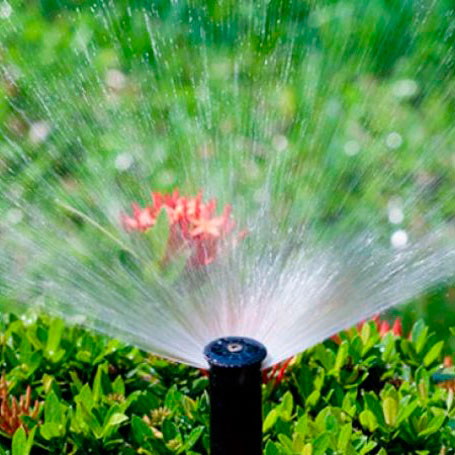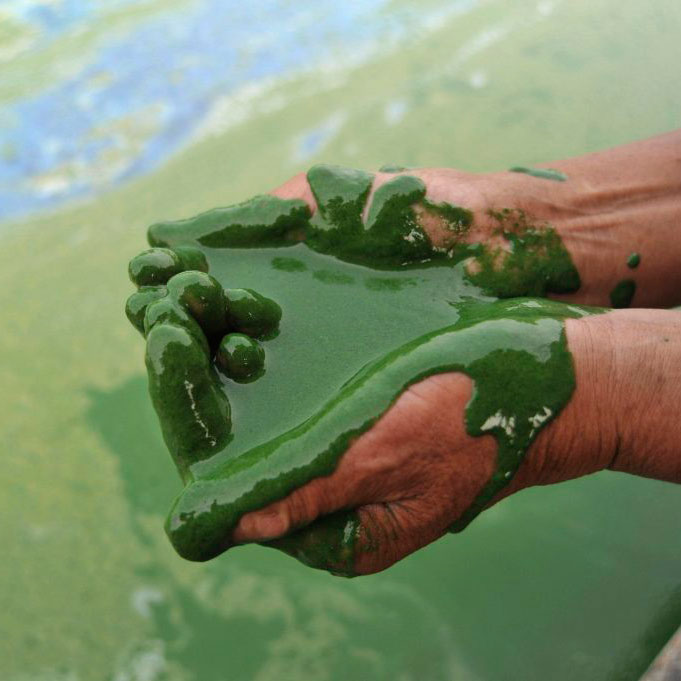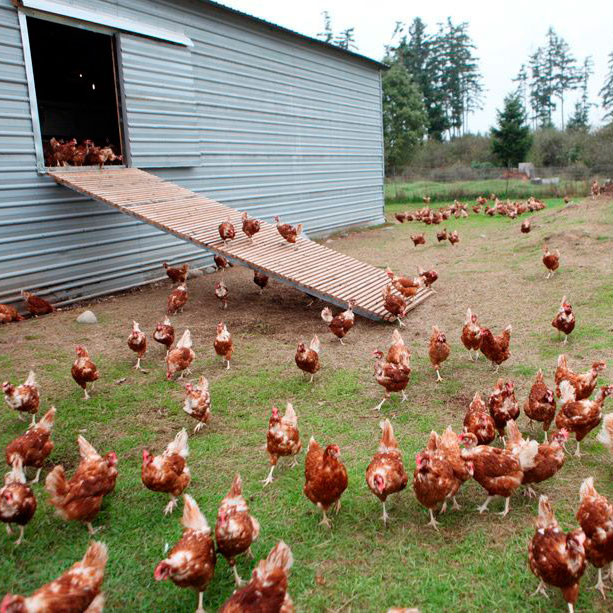Everyone has among those full times where they trip, slip, drop something, property in something, or create a really gross mess otherwise. It's bad enough is likely to house (particularly when you 'must' have individuals over and you're attempting to convince them you truly live like a human being), but it's method worse when it occurs in somebody else's house. 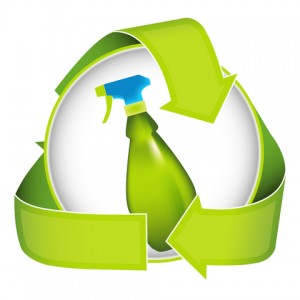
So here is an assortment of simple methods recommended by cleaning services Haverhill ma so you can get out of any home jam, using things you almost certainly have already. Make your area look decent for organization! Tidy up that spill before your sponsor notices.
Vinegar and baking soda
When you run the next load of meals, place a (dishwasher safe and sound!) cup of whitened vinegar at the top rack and include baking soda to underneath rack and doorway. Run the dishwasher (make use of detergent like normal), and the mixture shall not only help the laundry get clean, however the dishwasher itself shall be clean as well!
Vinegar + baking soda = awesome
It was awesome once you made volcanoes with it as a young kid, and it's awesome for more practical reasons. The classic acid/foundation reaction may be used to clear a great deal of things around your home, plus it's secure and cheap.
Clean Wooden or Bamboo cutting boards with salt and lemon
Lemons are your buddy, too! Sprinkle wooden boards down coarse work and salt with a new cut lemon. Wash without soap and dried out.
Clean out a new garbage disposal along with vinegar ice and lemon
Mix 8 parts drinking water and 1 component white vinegar and chopped lemon peel and freeze within an ice cube tray. If it is frozen, drop it in to the garbage disposal to drive out bits of meals. The ice shall sharpen the blades, the vinegar shall sanitize them, and the lemons shall help it smell better.
Lemons for hard drinking water stains
The acid in lemon juice dissolves the calcium that results in the spotty difficult water stains. Whether it's an extremely tough one, you can include salt to the rub and lemon with that.
Ammonia cleans a good oven by being ammonia just
Put just a little ammonia and something of the detachable burners in a ziplock handbag and keep them overnight. The fumes from the ammonia shall loosen the gunk, and you can wipe them down in the early morning.
Use foil to completely clean glass cookware
Just crumple upward a bit of foil to eliminate baked-on crud from cup cookware. The foil shall have a surface much like steel wool, but will undoubtedly be easier on your own hands. It's furthermore a sensible way to get some make use of out of foil scraps you can't reuse.
Organic Farming Good Food For All

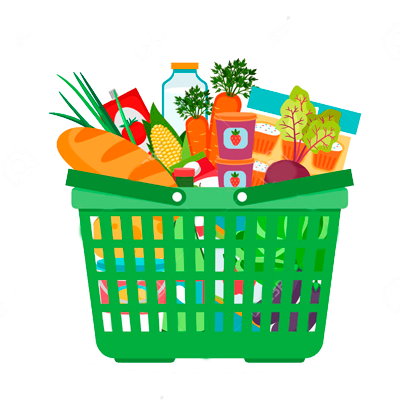
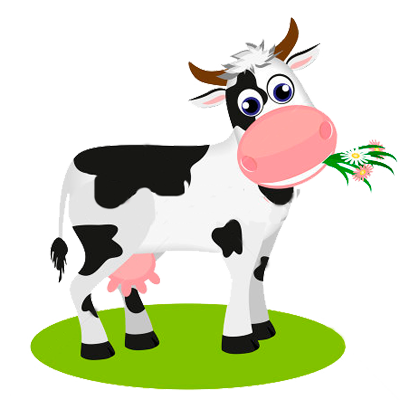
Organic farming is another agricultural system that originated early in the 20th century in response to quickly changing farming techniques. Organic farming has been developed by several organic farming associations now. It depends on fertilizers of natural source like compost manure, green manure, and bone meal and puts emphasis on techniques like crop rotation and companion planting. Biological pest management, mixed cropping as well as the boosting of insect predators are all encouraged. Generally, organic standards are made to permit the utilization of naturally occurring compounds while banning or limiting synthetic materials. For example, naturally occurring pesticides like pyrethrin and rotenone are allowed, while artificial pesticides and fertilizers are usually prohibited. Synthetic substances which are permitted include, as an instance, aluminum sulfate, elemental sulfur and Ivermectin. Reasons for advocation of organic farming include benefits in sustainability, openness, self-sufficiency, autonomy/independence, wellness, food safety, and food security.
Kitchn | Inspiring cooks, nourishing homes
Inspiring cooks, nourishing homes-
Why You Should Keep a Spatula in Your Bedroom (It’s Brilliant!)
I can’t believe I never thought of this!...
-
I Asked 2 Designers What Is the Worst Color to Paint a Living Room, and They Both Said the Same Thing
Consider yourself warned....
-
The “So Versatile” Appliance That’s Replacing My Oven and Air Fryer This Summer (I Get Why It Keeps Selling Out!)
It comes in three gorgeous colors....
-
I’m Buying These Starbucks Limited-Edition Cups in Every Color for Summer
They’re so fun!...
-
Williams Sonoma’s Clearance Sale Includes Baking Essentials for Just $10
Save up to 75% on cookware, bakeware, and...


